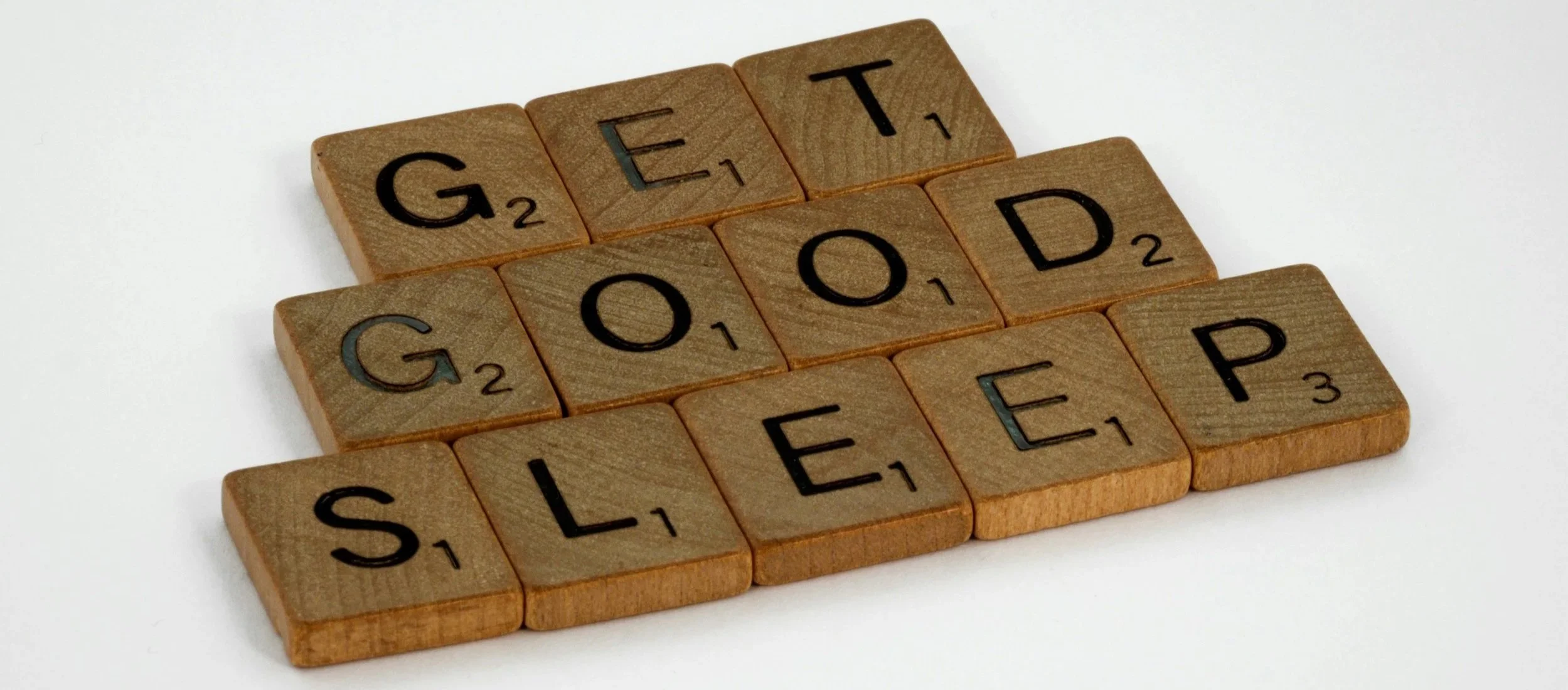Sleep, Mood, and Meals—How Daily Habits Influence Mental Health
Mental health doesn’t exist in a bubble—it’s influenced every single day by how well we sleep, what we eat, and even how we manage stress. For many adults, especially those juggling busy work and family lives, these habits can be the difference between feeling balanced or overwhelmed. At Healthy Resolutions LLC, we focus on the connection between lifestyle and mental wellness so you can feel like yourself again.
Sleep: Your Brain’s Reset Button
Quality sleep is one of the most powerful tools for mental health. Without it, stress increases, focus drops, and mood becomes harder to regulate.
How poor sleep impacts mental health:
Increases irritability and anxiety
Lowers ability to focus and process emotions
Raises risk for depression
Tips for better sleep:
Keep a consistent bedtime and wake time, even on weekends.
Limit screen time before bed.
Create a calming nighttime routine (stretching, reading, journaling).
Mood: Stress and Emotional Balance
Our mood can shift daily, but when stress lingers, it can spiral into anxiety or depression. Emotional regulation is vital for long-term mental health.
Healthy mood habits:
Practice mindfulness or deep breathing for just 5 minutes a day.
Move your body—exercise boosts natural mood-boosting hormones.
Connect with loved ones regularly.
At Healthy Resolutions, we work with patients across CT, MA, and NY to develop realistic strategies that fit their busy lives and support emotional well-being.
Meals: Fueling Your Brain and Body
Food isn’t just about energy—it directly affects mental health. A poor diet can trigger mood swings, fatigue, and even worsen symptoms of anxiety or depression.
Meal tips for mental wellness:
Choose balanced meals with protein, healthy fats, and complex carbs.
Limit processed foods high in sugar, which can cause energy crashes.
Add omega-3 rich foods (salmon, chia seeds, walnuts) for brain health.
Stay hydrated—dehydration can increase fatigue and irritability.
Bringing It All Together
Sleep, mood, and meals are deeply connected. Poor sleep leads to low mood, which makes it harder to eat well—and the cycle continues. By improving one habit, you often improve the others.
At Healthy Resolutions LLC, we believe in holistic mental health support. Whether you’re in Connecticut, Massachusetts, or New York, we’re here to help you manage anxiety, stress, and depression with a plan that works for your lifestyle.
If you’ve been feeling off, tired, or overwhelmed, you don’t have to figure it out alone. Book a telehealth mental health consultation with Healthy Resolutions today and take the first step toward better balance and well-being.



